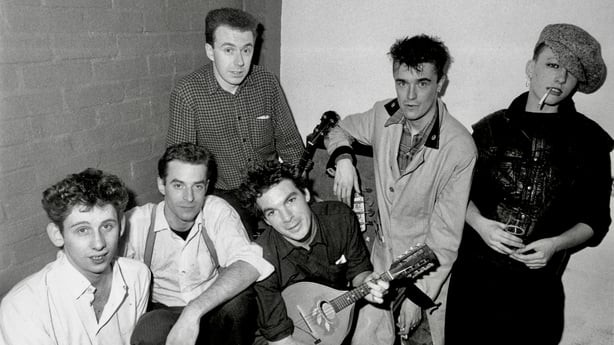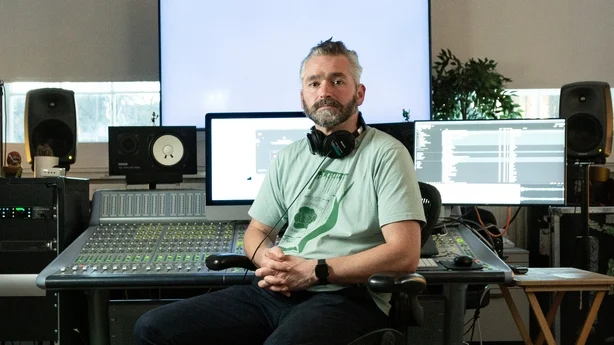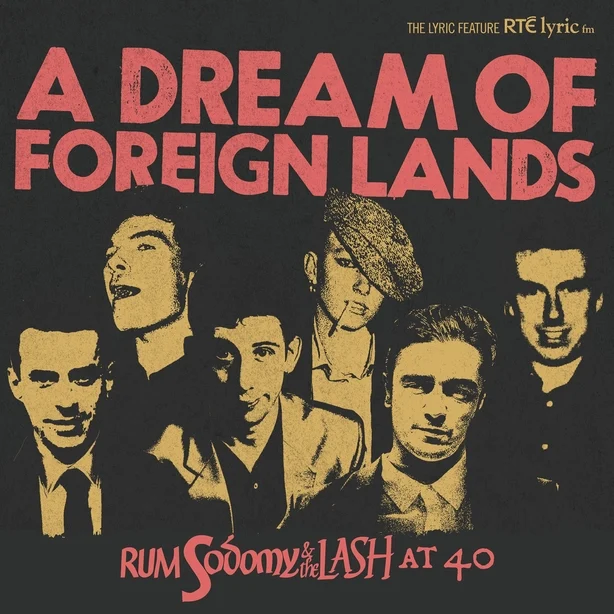Dec 24, 2024
Dec 19,2024
Below, Mike writes about both the intitial critical reception and the enduring appeal of the album.
The Pogues' album Rum Sodomy & The Lash is both a dark and joyful work. On songs such as The Old Main Drag and A Pair of Brown Eyes, it addresses themes of violence, poverty, and depravity in an unflinching manner. Within tracks such as Sally MacLennane and The Sickbed of Cuchulainn, it also contains moments of wild exuberance and abandon.
The album stands as an illustration of the band - and their principal songwriter, Shane MacGowan - at the peak of their creative powers.
We need your consent to load this Spotify contentWe use Spotify to manage extra content that can set cookies on your device and collect data about your activity. Please review their details and accept them to load the content.Manage Preferences
Released in August 1985, the album (the band's second) saw them break beyond the confines of the indie music scene of the time, establishing a strong connection with a broader audience. This connection retains an intensity to this day that few bands achieve. The Pogues mean a great deal to a great many. For many of those fans, this bond began with Rum Sodomy & The Lash.

For others, however, the band’s rise was met with confusion or hostility. Many within the Irish media, as well as within Irish music circles, did not welcome this strange blend of Irish tradition and London punk. The band faced accusations of vulgarity and rowdiness. Their authenticity was questioned, and they were accused of bringing Ireland and Irish music into disrepute.
Multiple motivations prompted me to revisit this album and this period in both Ireland’s and The Pogues’ history. I wanted to delve deeper into the intense connection between the band and their audience. While widely celebrated in Ireland today, I wanted to revisit some of the shock, confusion, and hostility that greeted the band’s emergence.

I also wanted to celebrate and explore the intellect that informed Shane MacGowan’s extraordinary songwriting: the literary, musical, mythological, and historical references that feature throughout his work. I hoped, as well, to reconnect with the spirit of a young, 20-something MacGowan operating at the peak of his powers.
Finally, I hoped to focus on a voice that has arguably been underrepresented in much of the discourse and documentaries surrounding the band’s work in recent years: the voice of The Pogues themselves.
Spider Stacy of the band recently observed, "If you’re celebrating any Pogues record, you’re implicitly celebrating Shane, because how can you not be."

At the heart of this programme, I hope, is precisely such a celebration. Additionally, I hope to present an explicit acknowledgment and celebration of The Pogues as a band of intelligent, articulate, and charismatic individuals who made a profound contribution to Irish music and culture.